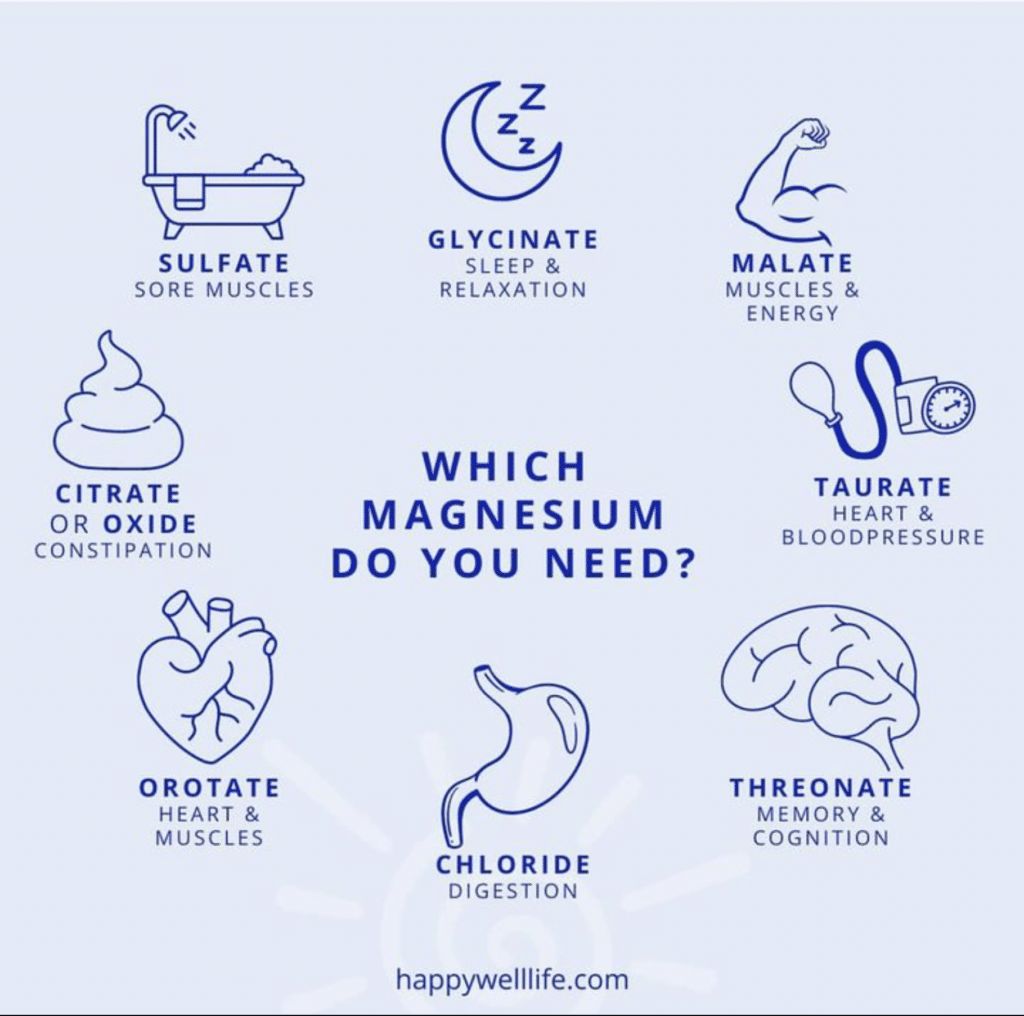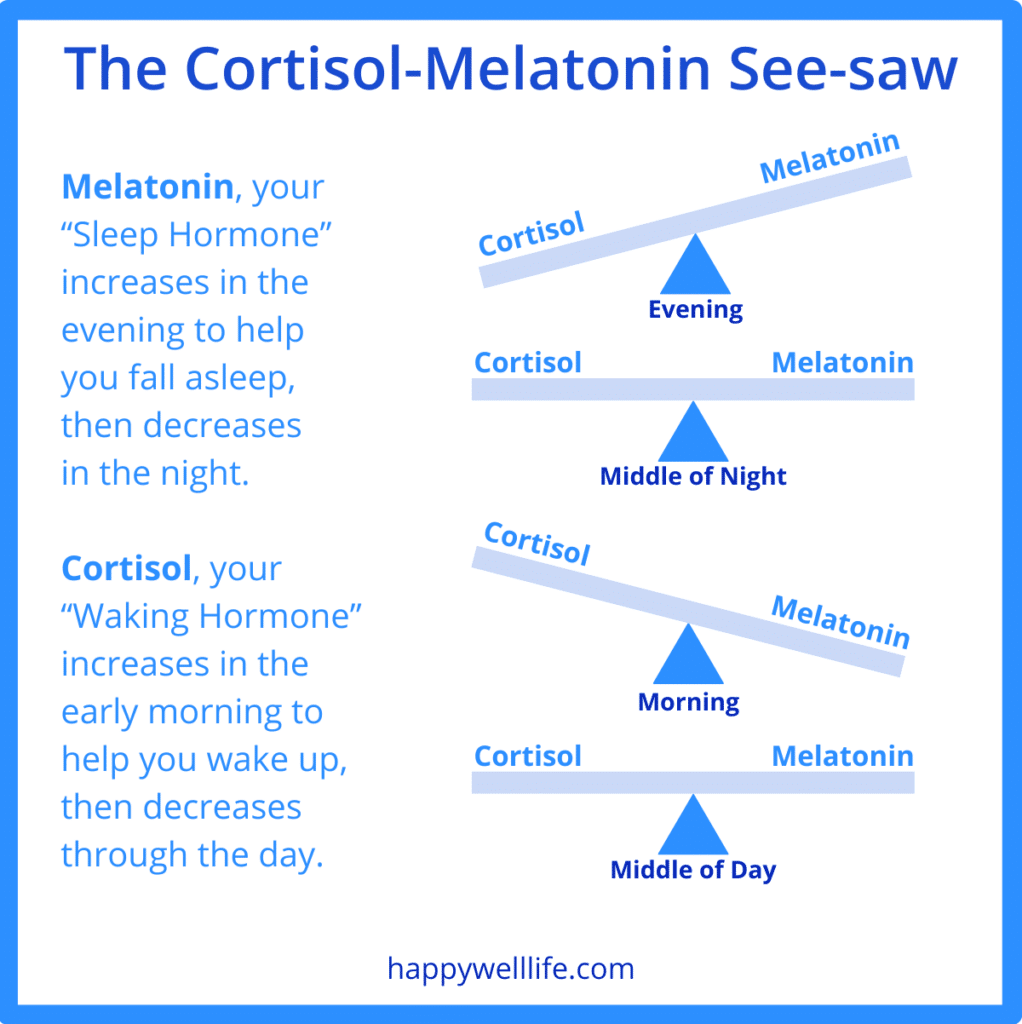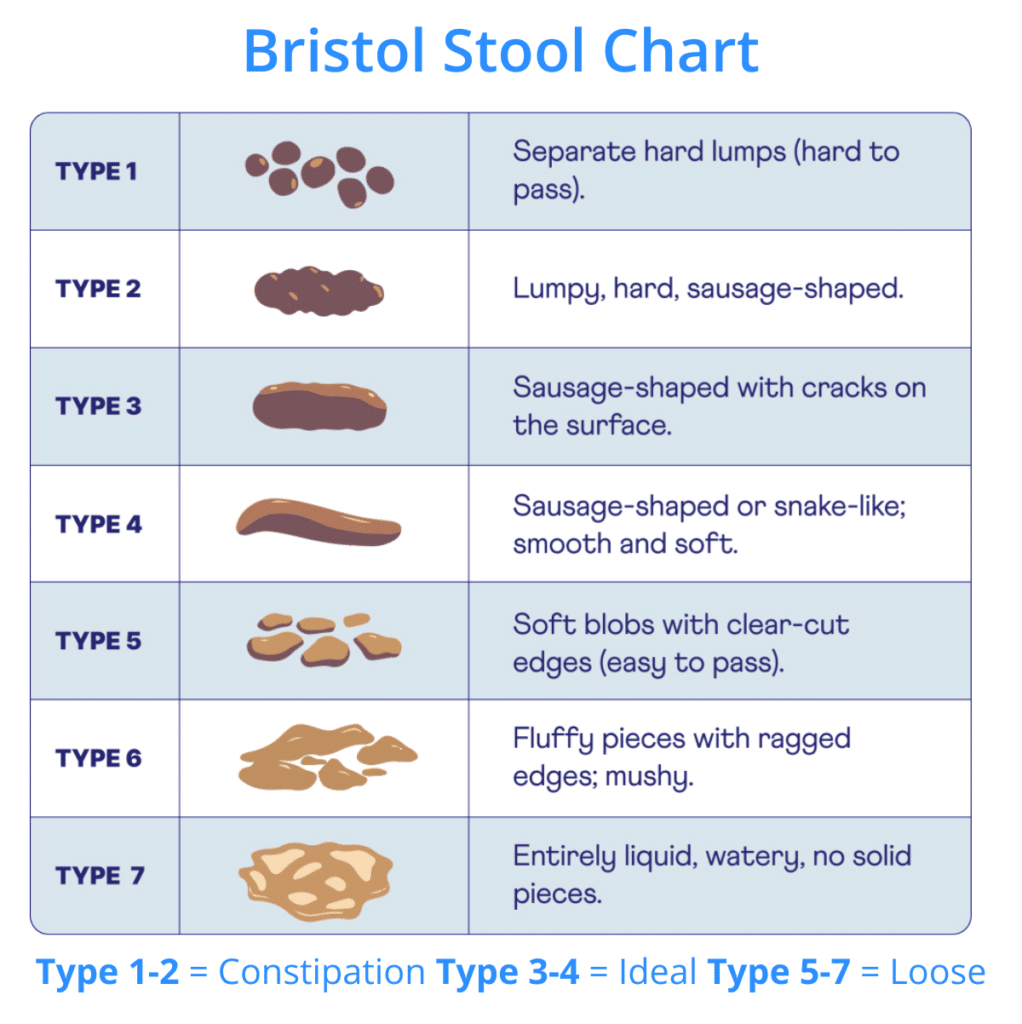10 Health Tips Mom or Grandma Didn’t Teach You

Recent research has shone a light on natural health tips, far beyond what Mom or Grandma taught us. As kids, many of us learned the basics of healthy living from our Mothers or Grandmothers—advice that may have included eating your vegetables, getting plenty of rest, and possibly avoiding too much sugar. And these are great fundamentals.
However, modern research has enlightened us on health tips that go far beyond what most of us were taught. (Some of it wasn’t even applicable back then, but due to our high-tech, more toxic world today, these tips can play a big role in our overall wellness.)
Below are 10 health tips from a naturopathic and functional wellness perspective that your mom or grandma likely didn’t teach you but are vital to your well-being today.
1. Prioritize sleep: your body’s primary repair time
Sleep is the cornerstone of health, more important than diet or exercise. In fact, without adequate sleep, your body cannot repair itself or perform its essential functions. Sleep deprivation has been linked to a range of health issues, including obesity, heart disease, and cognitive decline.
However, not all sleep problems are the same. If you struggle with falling asleep, staying asleep, or waking up too early, it’s critical to uncover the root cause—whether it’s stress, hormonal imbalances, or poor sleep hygiene. Helping my clients reclaim their sleep is one of my areas of expertise. I highly recommend reading the book Why We Sleep, by Matthew Walker. It’s a game-changer.
Learn more about the health impact of sleep deprivation here.
2. Hydration: it’s more than just drinking water
Proper hydration is about more than just drinking eight glasses of water a day. Without the right balance of electrolytes, water can pass through your body without actually hydrating your cells. Most bottled and filtered water has been stripped of these essential minerals (electrolytes). Consider adding sea salt, powdered electrolytes, or liquid mineral drops to your water. When your cells are not well hydrated due to a lack of minerals in your water, they cannot absorb nutrients nor reproduce healthy new cells. Early symptoms of dehydration include brain fog, clumsiness, or headaches, sometimes despite drinking plenty of water.
Learn more about electrolytes and hydration here.
3. Colds and flu: let your immune system do its job
When you get sick, your body mounts an immune response—fevers, mucus production, and inflammation are not symptoms from the virus itself but are evidence that your immune system is hard at work. Many over-the-counter medications that suppress these symptoms can actually prolong illness by hindering the immune system’s natural processes. For example, a fever is your body’s natural mechanism to “burn out” a pathogen. When you take a fever reducer, you prevent your immune system’s natural process from happening. While it may not feel great, a fever under 103°F is generally safe and can help your body recover more quickly.
Likewise, mucus is your body’s natural way to entrap pathogens and remove them. When you take a decongestant or antihistamine to dry up mucus, you prevent the immune system from doing its job. All of these things can increase the likelihood of the pathogen sticking around longer. So when possible, avoid fever reducers and decongestants while you’re fighting a virus, and instead focus on hydration and rest. Allow your body to do what it’s designed to do—heal naturally.
Learn more about the role of fever in the immune response here.
4. Vitamin C: smaller, more frequent doses are best
Vitamin C is a powerhouse nutrient for immune function and tissue repair. However, many people don’t realize that the body can only absorb about 200 mg at one time. So taking larger doses—like 1,000 mg capsules—will likely result in excess vitamin C being excreted through your urine. Additionally, Vitamin C has a very short half-life—only about 45 minutes. This means within two hours any vitamin C (from supplement or food) has been absorbed, used, or excreted from your body.
Of course, the best way to get your vitamin C is by eating fruits and veggies high in Vitamin C (citrus fruits, peppers, broccoli, cauliflower, tomatoes, kiwi, and dragon fruit), throughout the day. But when you’re recovering from a cold, flu, or surgery it can be beneficial to supplement with extra Vitamin C as well. If supplementing it’s best to take smaller doses (200 mg) every 3-4 hours, rather than larger doses all at once. This will help your body to utilize Vitamin C more efficiently.
Learn more about the bioavailability of vitamin C here.
5. Magnesium: the master mineral
Magnesium is essential for over 300 of all biochemical processes (80%) in the body. Yet 75% of Americans are deficient in this master mineral. Magnesium plays a crucial role in energy production, muscle function, heart health, brain health, sleep, and so much more.
However, not all forms of magnesium are created equally. Many supplements contain magnesium oxide, a poorly absorbed form that can cause diarrhea. (If you’re constipated this form can help you to eliminate more easily, by pulling water out of your body into your stool to soften it—other than for constipation use, this form is not recommended to take.)
Look for supplements containing more bioavailable forms like magnesium glycinate, citrate, taurate, threonate, or malate. A multi-magnesium formula is often best to support muscles, the heart, the brain, and digestion.

Learn more about Magnesium’s role in human health here.
6. Caffeine’s half-life: is it affecting your sleep?
Caffeine has a half-life of about 5-6 hours, so it can take up to 10-12 hours to completely clear your system. That means your afternoon cup of coffee might still be affecting your sleep later at night. If you’re struggling with insomnia or poor sleep quality, consider cutting off caffeine by noon to see if it helps.
It’s also important to note that black tea, green tea, and energy drinks can contain just as much caffeine as coffee. Even chocolate contains a stimulant called theobromine. Though not actually caffeine, theobromine is in the same stimulant family and can have similar adverse effects on your sleep. I personally eat my two squares of dark chocolate after breakfast to ensure the theobromine doesn’t affect my sleep.
Learn more about caffeine metabolism and its effects here.
7. Melatonin: are you taking too much?
Melatonin supplements are popular for promoting sleep, but they are often overused. Think of the hormones melatonin (your “sleep hormone”) and cortisol (your “waking hormone”), as being on opposite ends of a teeter-totter. Melatonin normally increases in the evening to help you sleep, then decreases throughout the night while cortisol increases in the early morning to wake you up, then decreases throughout the day as melatonin increases again.

However, melatonin is greatly disrupted by blue light at night (from screens, including TV, phones, tablets, and computers)—which is why many people turn to supplementation (rather than get off their blue-light devices). It’s important to know that an adult body produces around 300 mcg of melatonin a night (this is less than 1/3 of a milligram), and only about 100 mcg (1/10 of a milligram) for kids. Yet most melatonin supplements on the market are well over 1 mg and could be as much as 10-30x the amount your body produces.
Taking too much melatonin can disrupt your cortisol rhythms, leaving you feeling groggy, brain-foggy, or fatigued in the morning. Before supplementing with melatonin, I recommend a comprehensive hormone panel (like the DUTCH test, which I can order for my clients), to see if you really need to supplement.
Sadly, it’s a popular trend right now to give kids melatonin gummies, yet kids are rarely ever deficient in melatonin. And melatonin can affect children’s developing hormones. Unless you have a thorough hormone analysis showing a child is actually deficient in melatonin and it has been recommended by a doctor (who has seen that hormone analysis), please reconsider, giving melatonin to your child.
Instead of jumping to supplementation, consider improving your (or your child’s) sleep hygiene by reducing blue light exposure from screens before bed, which naturally boosts melatonin production.
Learn more about melatonin, cortisol, and sleep here.
8. Everybody poops: what’s yours telling you?
While your mom or grandma may have asked you “Did you have your BM today?” They probably didn’t ask you to look at your poop every day. But this is super important! Your poop tells you a LOT about your health. (And if you have pets, I’m sure you look at their poop daily…and if it looks off, you probably take them to the vet—right?) Did you know it’s totally healthy to poop 2 to 3 times a day?
Your stool can reveal a lot about your digestive health. Constipation, diarrhea, or undigested food in your stool are all signs that your digestion is off track. Chronic constipation, in particular, has been linked to more serious conditions like Parkinson’s, cancer, and cognition issues—so you want to resolve constipation ASAP.

So what can your poop tell you?
- If you’re not pooping at least once a day, you’re constipated and reabsorbing toxins. Pooping rabbit pellets or spending a long time on the toilet? You’re also constipated and need to resolve this ASAP.
- Greasy, floating/sticky stools or “peanut butter” poop? You’re not digesting fats well, (this can be a sign of liver/gallbladder congestion).
- Seeing nuts, seeds, grains, or other food particles in your poop? You’re not chewing enough (this can feed bacterial overgrowth and lead to SIBO).
- Pooping more than three times a day or chronic diarrhea? Your food is transiting too quickly, and you may not be getting the nutrients out of it that you need. This can be due to food sensitivities (dairy and gluten are common ones), parasites, or bacterial overgrowth, and should also be resolved ASAP.
If you’re not having regular, healthy bowel movements, it’s important to address the root cause, whether it’s dehydration, a lack of fiber, or an imbalance in gut bacteria. Helping my clients resolve their digestion issues is another area of my expertise. Book a free call, let’s talk poop!
Learn more about the importance of bowel health and cognition here.
9. Preventing osteoporosis: it’s more than calcium
Did you know that for calcium to get into your bones you need to have optimal amounts of magnesium, vitamins D3, and K2?
Most Americans are deficient in at least one if not all three of those. Although you’ve likely heard dairy consumption is the main way to prevent osteoporosis (the dairy lobby is very powerful and has deep pockets)…there is actually much evidence to the contrary.
Dairy can increase acidity in the body, leading to calcium depletion. And although dairy contains high levels of calcium, its absorption isn’t as efficient as advertised. Dairy is rich in phosphorus and protein, which can also interfere with calcium absorption. A high protein intake from dairy can increase calcium excretion through the urine, leading to a net calcium loss from the body, which weakens bones over time. Your best bet is to eat a healthy, well-rounded Mediterranean-type diet—rich in leafy greens, nuts, seeds, and fatty fish, which provide not just calcium but also the cofactors necessary for strong bones. A blood test can ensure you are sufficient in magnesium, vitamins D3, and K2 (or show where you may need to supplement). Ensuring you have good strong stomach acid to digest and absorb the nutrients from your food is also key.
Learn more about calcium and bone health here.
10. Herbal Antimicrobials: Nature’s Antibiotics
Ok, this one you may have learned from your mom or grandma, depending on their connection to traditional herbal wisdom. My mom was an herbalist when I was growing up, so we had first-hand experience with herbal antimicrobials. While antibiotics can certainly be life-saving when necessary, they can also disrupt our important gut microbiome, killing off beneficial bacteria along with harmful bacteria. Since our gut microbiome houses about 80% of our immune system—when we start wholesale wiping it out with antibiotics—it can harm us in multiple ways.
Herbal antimicrobials, on the other hand, can offer a more balanced approach that can be just as effective. Herbal antimicrobials are effective at removing bacteria like H. pylori without promoting resistance because they typically have complex and varied mechanisms of action. Unlike pharmaceutical antibiotics, which typically target a single bacterial function (like cell wall synthesis), herbal remedies contain multiple active compounds that attack bacteria in diverse ways. This multi-pronged approach makes it much harder for bacteria to adapt and develop resistance.
Additionally, many herbs have natural compounds that disrupt bacterial biofilms (protective layers that bacteria form to shield themselves), which can be a key factor in breaking down bacterial colonies. Some herbs also promote a balanced gut microbiome by supporting beneficial bacteria, which helps prevent the overgrowth of harmful species like H. pylori. Herbal antimicrobials can also be a safer, more effective alternative for chronic infections including UTIs (urinary tract infections) and digestive infections like H. pylori overgrowth.
Learn more about herbal antimicrobials and bacterial resistance here.
While your mom or grandma may have given you some great health tips, naturopathic and functional wellness offers a more nuanced and scientifically backed approach to optimizing your well-being. By understanding the root causes of common health issues and using natural interventions, you can support your body in ways that go far beyond traditional advice.
If you’re ready to dive deeper into these topics and optimize your health naturally, book a free call today. Learn how I can help you rebalance your health.
Please leave a comment to let us know your biggest takeaway or one thing you plan to change up in your own wellness plan to live a healthier life, after reading this article.
